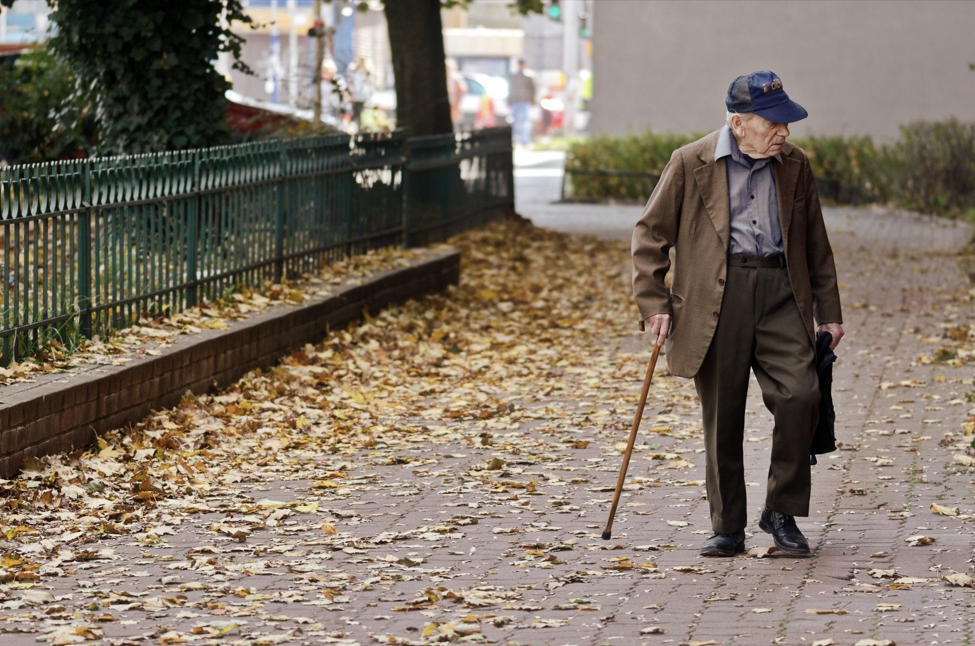Post written by guest blogger, Kevin Wells of seniordiabetic.com
Are you trying to lose weight? Shedding a few pounds can be a huge life improvement for older people. Weight loss means less pressure on joints, a wider range of movement, and fewer limits on your abilities. Moreover, weight loss decreases the risk and severity of dangerous health issues, including heart disease, high blood pressure, and diabetes.
However, many of us aren’t sure where to start when it comes to weight loss. There are so many companies out there ready to sell you their secret magic trick for shedding your excess fat. In truth, many of these companies either offer unsustainable fad diets, dangerous weight loss aids, or just guide you through a simple weight loss equation you could probably manage on your own. Instead of shelling out cash in pursuit of unrealistic claims, take a proactive, healthy approach to your own weight loss. Here are a few realistic, safe, and budget-friendly ways seniors can shed the weight.
Get Moving
Most people can’t lose weight without addressing their diet, but that doesn’t mean it should be your only avenue of attack. Most people, regardless of size, don’t get enough exercise. Regular moderate activity is vital for people of all ages, but it’s even more important for seniors. Beyond the direct health benefits of exercise, seniors who work out are also at lower risk for slip-and-fall accidents and other serious injuries.
If you’re new to exercise, begin with something simple, like regular walks around the neighborhood. Start small and gradually increase your distance. Make sure you have good shoes – poor arch support while exercising can wind up causing injuries, setting you back. If you don’t already have a good pair of sneakers, use a deals site such as Rakuten to find discounts online. This way you can get the right gear without draining your wallet.
Understand the Physics
All effective diets boil down to one simple concept: To lose weight, you must use more energy than you consume. You can do this by cutting back on calories, increasing exercise, or both. No matter how you do it, if you burn more than you eat, you will lose weight.
However, when you don’t decrease your caloric intake too much. You want to avoid this for several reasons. For starters, you run the risk of malnutrition. Everyone, especially seniors, needs a base level of calories to keep your body running right. Go below that, and you can wind up seriously sick. Additionally, intense deficits tend to lead to yo-yo dieting: losing weight but gaining it all back. This is because the deficit is unsustainable and doesn’t teach you how to maintain once you hit your goal. Talk to your doctor to figure out a conservative, manageable calorie deficit and workout plan you can use to pursue gradual weight loss.
Avoid Fad Diets
There are all kinds of diet plans that say cutting one specific thing will cause the pounds to fall right off. Whether it’s carbs, fats, processed sugars, or even cooked foods, the idea of cutting out a whole food group is unsustainable. You may even have a friend or family member who’s had a lot of success on these plans. However, they may not be right for seniors, for whom a balanced diet full of vitamins and nutrients is absolutely vital.
Unless your doctor tells you that you must eliminate one of these categories from your intake, avoid these kinds of fad diets. Yes, they will probably cause you to lose weight in the short term. However, since they don’t teach you how to maintain a healthy lifestyle indefinitely, you’re likely to gain the weight back once you stop following the plan. If one of these elimination diets really appeals to you, proceed with caution. Have a long conversation with your doctor or nutritionist before starting to make sure you’re still hitting all your nutrient goals.
Maintain Oral Health
Research shows that untreated periodontal disease, which is an inflammatory disease process, can negatively affect blood sugar. As most diabetic patients know, uncontrolled diabetes can negatively slow wound healing, which includes oral lesions and periodontal disease. Our advice is for all individuals with diabetes to see their dentist and dental hygienist regularly, even those with dentures.
Healthy, sustainable weight loss is a great way for seniors to improve their health and quality of life. Always speak with a doctor before making any exercise and diet changes, and be sure to take care of yourself while striving to reach your goals.
Photo Credit: Pexels
Simple Ways Seniors Can Lose Weight and Save Money

